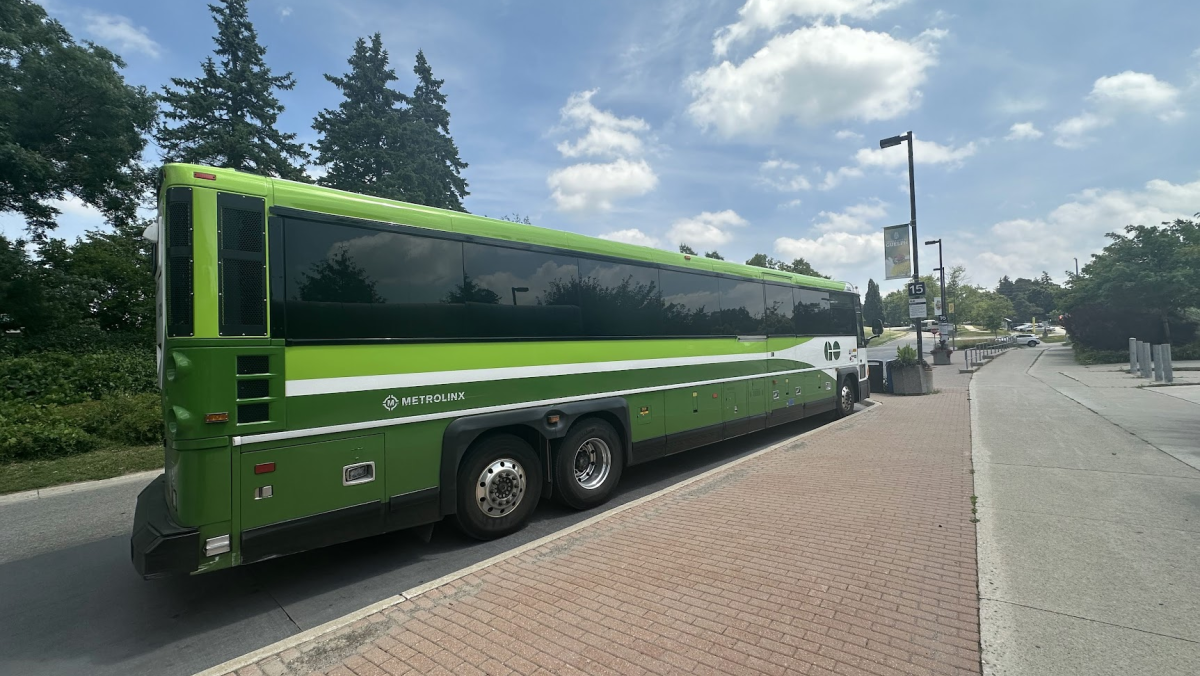If you take any urban public transit service in Canada, the fare you see is the fare you pay. No sales tax is applied to it, which is what we expect for basic services and commodities. The same applies to regional rail and bus including GO Transit, Exo, or West Coast Express. In our submission for federal budget 2025, Transport Action Canada recommends that the federal government extend this tax-free status to all bus and rail fares, including for rural communities, and encourage the provinces to follow suit.
There’s a simple principle of sales tax: It is supposed to be applied based on what commodity or service is being purchased. Unfortunately, this doesn’t currently apply to Canada’s public transport services.
A bus ride to from Toronto to Barrie on a dark green GO Transit motorcoach is the basically the same service as making the same journey on a white Northland motorcoach, or even on a light green Flixbus motorcoach, so the tax treatment should, in theory, be the same regardless of operator. However, only the GO fare is tax-free. If you take Flixbus, then tax is added to your fare, and the same applies to Ontario Northland even though it is a provincially run service just like GO.
Similarly, a GO train ride from Guelph to Toronto is not a materially different service from a VIA train ride on the same route, or a similar distance like Saint-Hyacinthe to Montreal, but VIA has to charge tax on top of its fares.
These tax anomalies put rural Canadians at a disadvantage over urban residents, and also put the providers of bus or rail services at a disadvantage, making effective ticket prices up to 15% higher and thus deterring ridership. For private sector regional carriers that receive no public funds and still provide a crucial service to smaller communities, like Kasper in northwestern Ontario or Mountain Man Mike’s in the Kootenays, and even for larger operators like Maritime Bus, not having to charge tax could be the difference that keeps a route alive or even makes adding a new route viable.
Removing tax from all fares would significantly improve the affordability of choosing public transit over driving, and that in turn would save our governments significant amounts of money on roads and associated costs. Road accidents alone cost Canada billions of dollars every year.
Only for business or sleeper class rail travel can it be argued that the service provided is materially different and thus potentially reasonable to apply a sales tax. However, it could be simpler to remove the tax from these fares as well and allow VIA Rail to collect some additional revenue, helping to reduce overall subsidy required.
Tell your Member of Parliament and provincial representatives about these anomalies, and ask them to make all transit tax-free.
